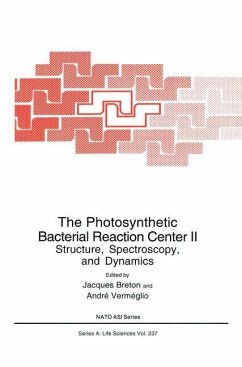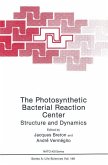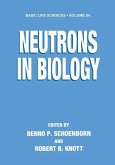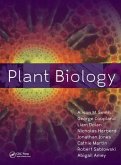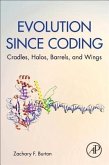The NATO Advanced Research Workshop entitled "The Photosynthetic Bacterial Reaction Center: Structure, Spectroscopy, and Dynamics" was held May 10-15, 1992, in the Maison d'H6tes of the Centre d'Etudes Nuc1eaires de Cadarache near Aix-en-Provence in the south of France. This workshop is the most recent of a string of meetings which started in Feldafing (Germany) in March 1985, soon after the three-dimensional structure of the bacterial reaction center had been elucidated by X-ray crystallography. This was followed, in September 1987, by a workshop in Cadarache and, in March 1990, by a second meeting in Feldafing. Although one of the most important processes on Earth, photosynthesis is still poorly understood. Stimulated by the breakthrough of solving the bacterial reaction center structure at atomic resolution, the field of relating this structure to the function of the reaction center, i. e. the remarkably efficient conversion and storage of solar energy, has been developing vigorously. Once the general organization of the cofactors and some details of the protein-cofactor interactions were known, it became possible to combine a variety of spectroscopic techniques with the powerful tool of site-directed mutagenesis in order to address increasingly incisive questions about the specific role of some amino acid residues in the electron transfer process. Still another promising tool is being developed, namely the exchange of a number of the native bacteriochlorophyll and bacteriopheophytin cofactors by chemically modified pigments.
Hinweis: Dieser Artikel kann nur an eine deutsche Lieferadresse ausgeliefert werden.
Hinweis: Dieser Artikel kann nur an eine deutsche Lieferadresse ausgeliefert werden.

